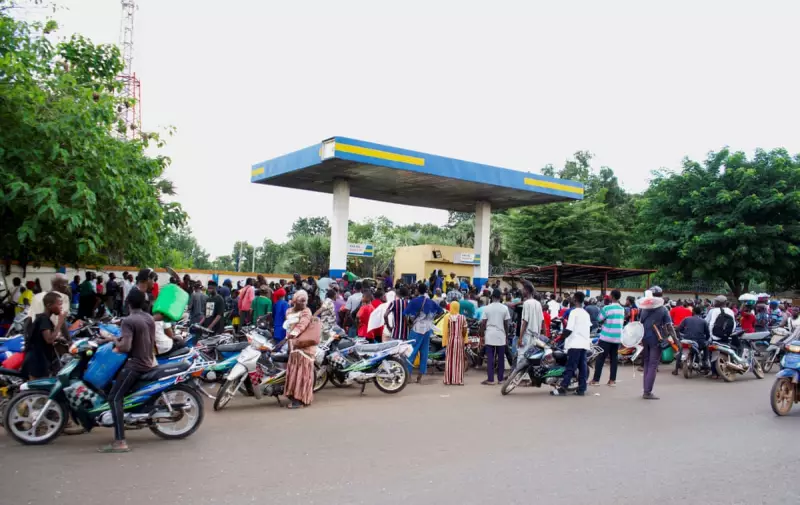
In the heart of West Africa, Mali is experiencing a systematic dismantling of state authority as Jama'at Nusrat al-Islam wal-Muslimin (JNIM), the region's most formidable Al-Qaeda affiliate, executes a chillingly effective campaign to bring the nation to its knees.
The Strategic Mastery of Terror
Unlike conventional militant groups, JNIM has perfected a dual strategy of brutal violence and calculated governance. While their roadside bombs and coordinated attacks terrorise security forces, they simultaneously fill the void left by the retreating state, offering dispute resolution and basic services to local populations.
This sophisticated approach has enabled JNIM to control approximately 40% of Mali's territory, transforming from a roaming insurgency into a de facto governing power across vast swathes of the country.
Exploiting Political Instability
The group's ascendancy coincides perfectly with Mali's political turmoil. Since the 2020 coup and subsequent military takeover, the transitional government has struggled to maintain control, creating the perfect breeding ground for JNIM's expansion.
Military leaders initially promised security would be their priority, yet the reality has been starkly different. "The state's retreat has been both physical and psychological," explains a Bamako-based security analyst. "When soldiers abandon their bases, they abandon the population's trust along with them."
The Human Cost of Collapse
The consequences for ordinary Malians have been catastrophic:
- Over 1,200 civilians killed in conflict-related violence this year alone
- More than 400,000 people internally displaced, adding to existing humanitarian crises
- Essential services including healthcare and education have collapsed in rural areas
- Major trade routes severed, crippling local economies and causing food shortages
International Withdrawal Fuels the Fire
The situation deteriorated dramatically following the departure of UN peacekeeping forces and French counter-terrorism troops. Their exit created a security vacuum that JNIM has exploited with ruthless efficiency, launching brazen attacks on military positions and expanding their territorial control month by month.
A Regional Crisis in the Making
Security experts warn that Mali's collapse threatens to destabilise the entire Sahel region. Neighbouring Burkina Faso and Niger face similar threats from jihadist groups, and the potential for cross-border contagion is increasingly likely without coordinated international intervention.
The international community watches with growing alarm as JNIM establishes what amounts to a parallel state, complete with taxation systems, courts, and security apparatus. This isn't merely an insurgency anymore—it's a fundamental reordering of power in one of Africa's most strategically important regions.
As one European diplomat stationed in Bamako grimly noted: "We're not witnessing a temporary security crisis. We're watching the unmaking of a nation."





